The 6 essential questions to ask yourself before buying anything – and why pro organizers think they're the best way to cut clutter
The easiest way to declutter is to never acquire it in the first place
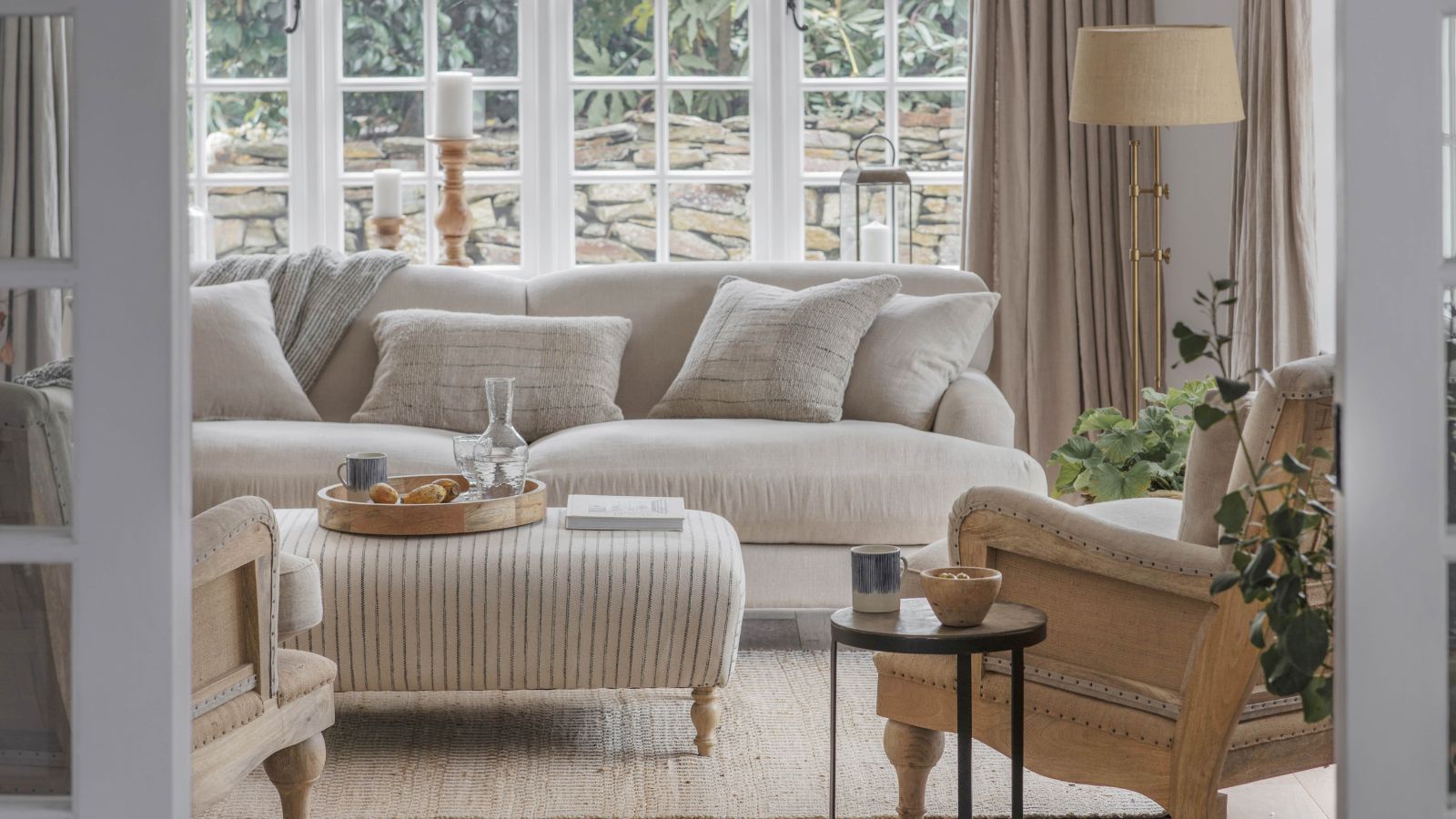

It’s very easy to accumulate more than we actually need. Whether it's an enticing sale sign or a convincing TikTok recommendation, most of us are guilty of shopping impulsively from time to time.
While a one-off purchase isn’t necessarily bad, clutter quickly builds up when this becomes a habit, with our poor shopping choices slowly taking over our homes.
So, to help stop clutter before it starts, professional home organizers recommend slowing down and asking yourself these six questions as a home organizing idea before buying anything to help save money and reduce clutter.
6 questions to ask yourself before buying anything
1. Do I need this right now?
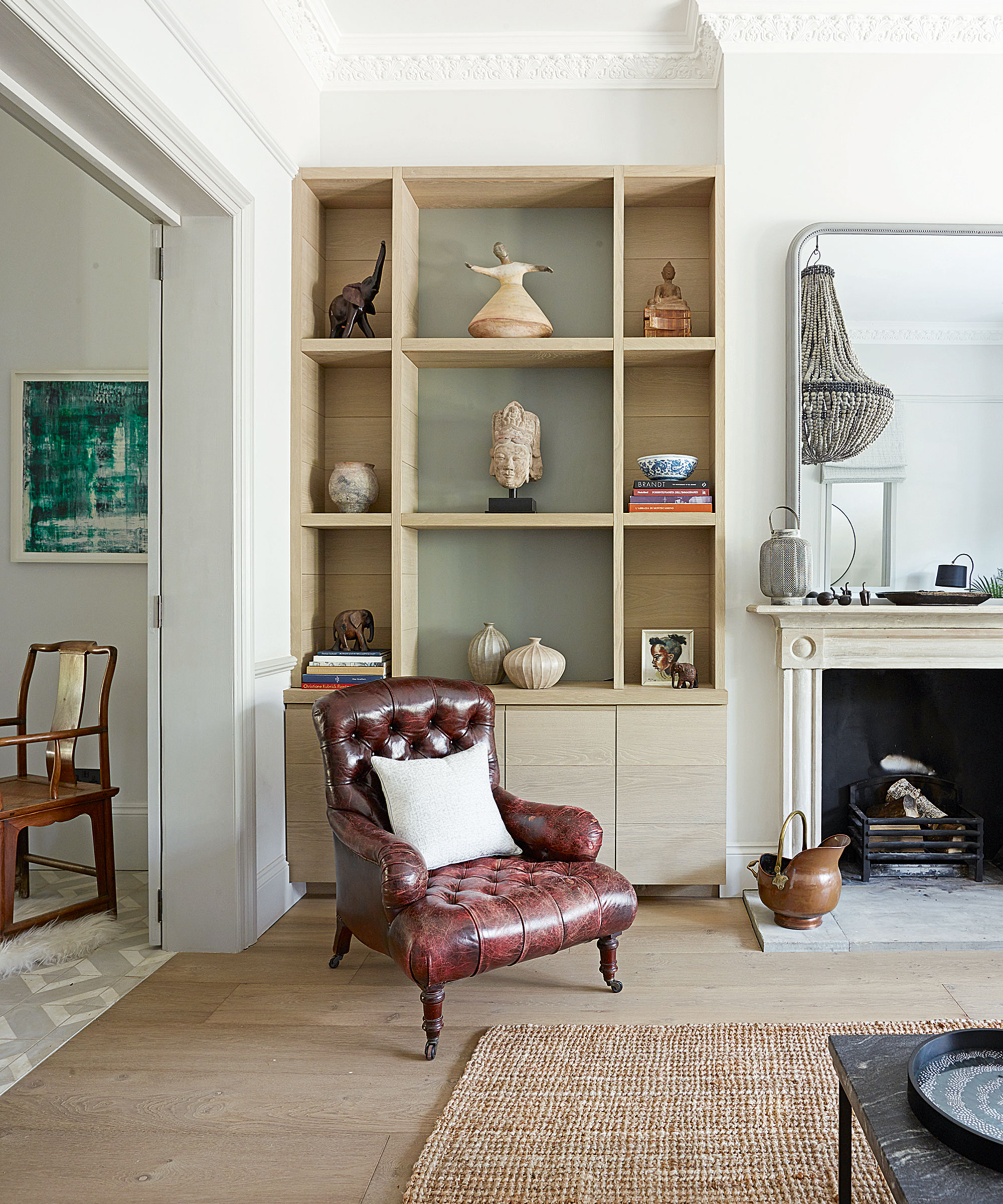
There is no harm in treating yourself to the occasional 'want', but they should be treats that add to your home, not to your stress.
Aprille Loney, a professional home organizer and owner of Perfectly Organized OKC begins, 'Impulse buys can be a big source of clutter. It’s easy to fall prey to marketing schemes that are designed to pull you in. Social media and television ads have gotten better and better at targeting audiences. But how do you decide if you really need something?
'If you can delay purchasing the item for a few days, you may find that you don’t actually want or need the item as badly as you thought you did at that moment. If after several days, you find you still want the item, then go ahead.'
You can also pair this approach with the one-in, one-out rule. If you don't need the item, but want it, think about what you could get rid of at home from the same category (for example, remove one item of clothing from your closet for every item you add). This helps avoid clutter while allowing yourself some shopping leniency. We explore more decluttering tips in our dedicated guide.

A large tote bag hanging in your entryway can act as a catch-all for items you want to declutter or donate. Once the bag is full, take it out with you to your car for easy transportation.

Aprille is an experienced organizer specialising in decluttering and downsizing, helping clients cut back on non-essential clutter for a less stressful home.
2. Can I store it easily?
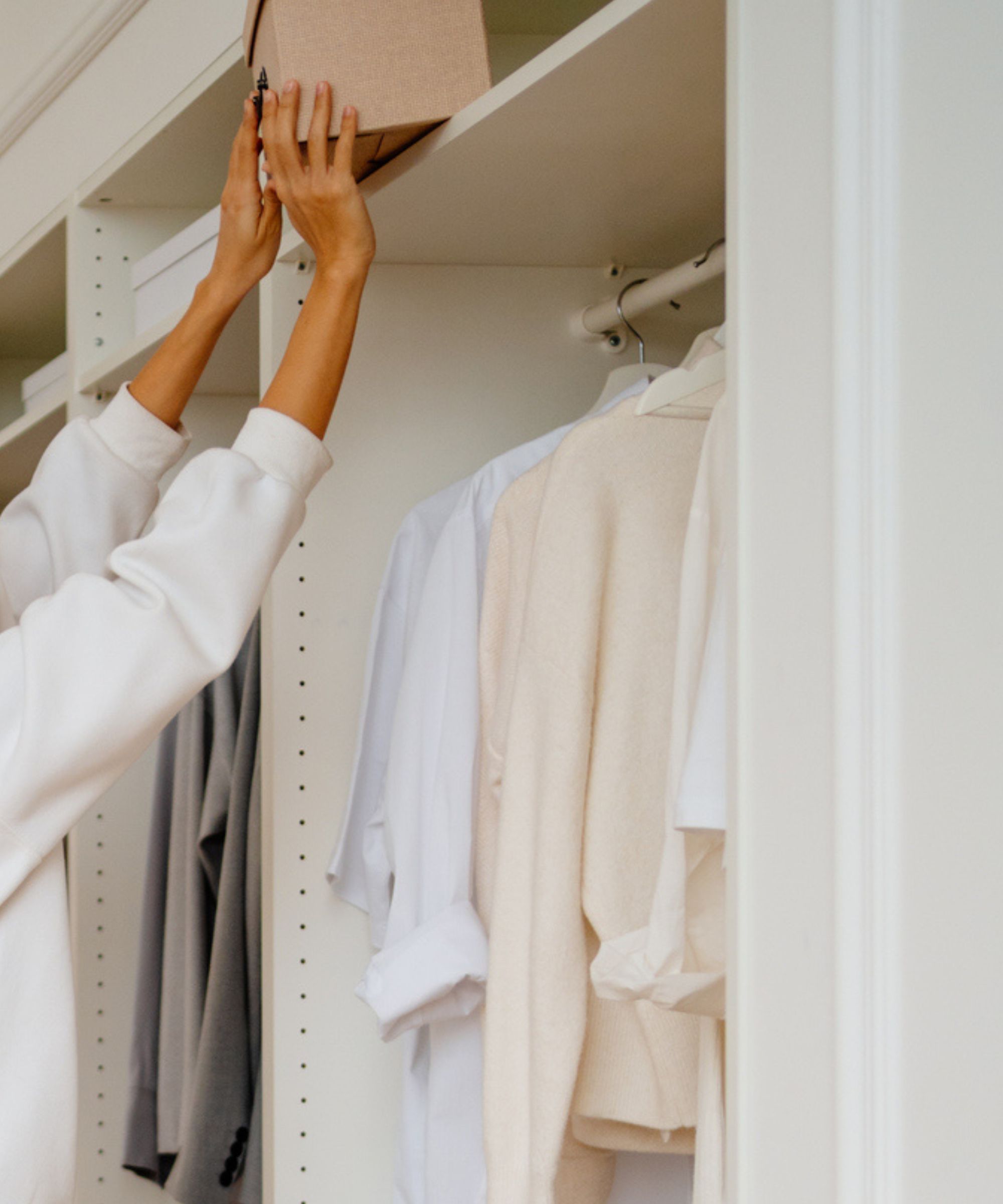
Also ask if adding this item to your home storage will make your storage difficult to navigate. If so, you might want to leave it.
Before bringing anything new home, consider your home storage ideas.
Liora Seltzer, professional organizer and founder of What U Keep says, 'Before you buy something, assign a spot for it on your home. If you don't have space for it, or you need to declutter to make space for it, don't buy it.'
This rule applies to anything non-essential, such as clothing, decorative items, and even pantry organization ideas. For example, buying all matching jars for food storage is great, but if you don't have an easy, out-of-the-way spot to hide the half-empty refill bags, they are only going to make life more stressful.
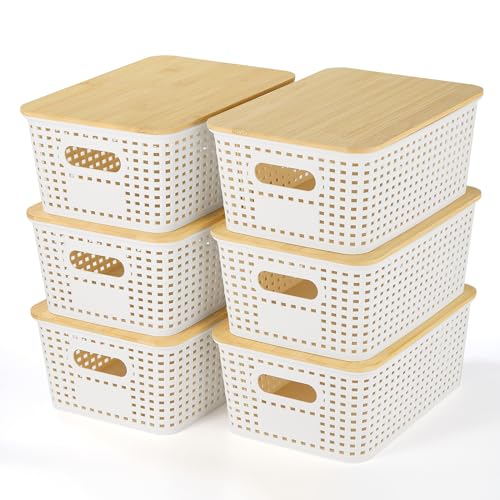
Storage baskets with lids can corral smaller items and make use of vertical space through stacking, helping to fit more in smaller spaces.
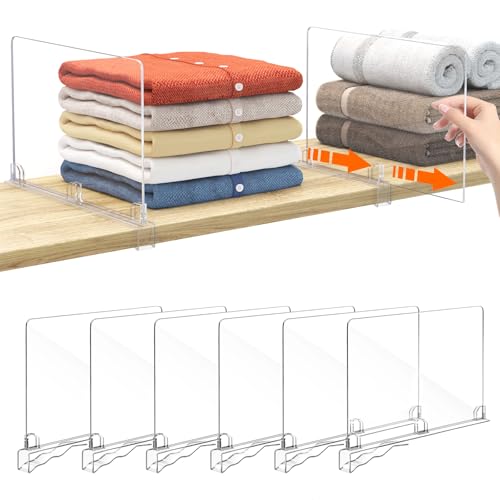
Shelving can be difficult to keep organized. These slide-on-shelf dividers stop items from falling over or getting lost in piles of stuff. They can also help it divide up categories of items so nothing gets lost.
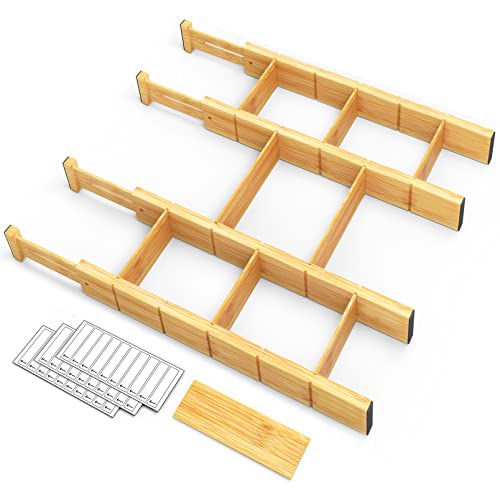
These adjustable drawer dividers come with small labels to help you quickly and easily find exactly what you need, while avoiding duplicates.

Liora became a certified KonMari™ Consultant to better educate her clients on how to create systems that work for them and be proud of their results. Since then, Liora has also become a parent mentor, helping to coach parents of children with ADHD to find better routines and systems to make everyday life less stressful.
3. Do I have anything similar?
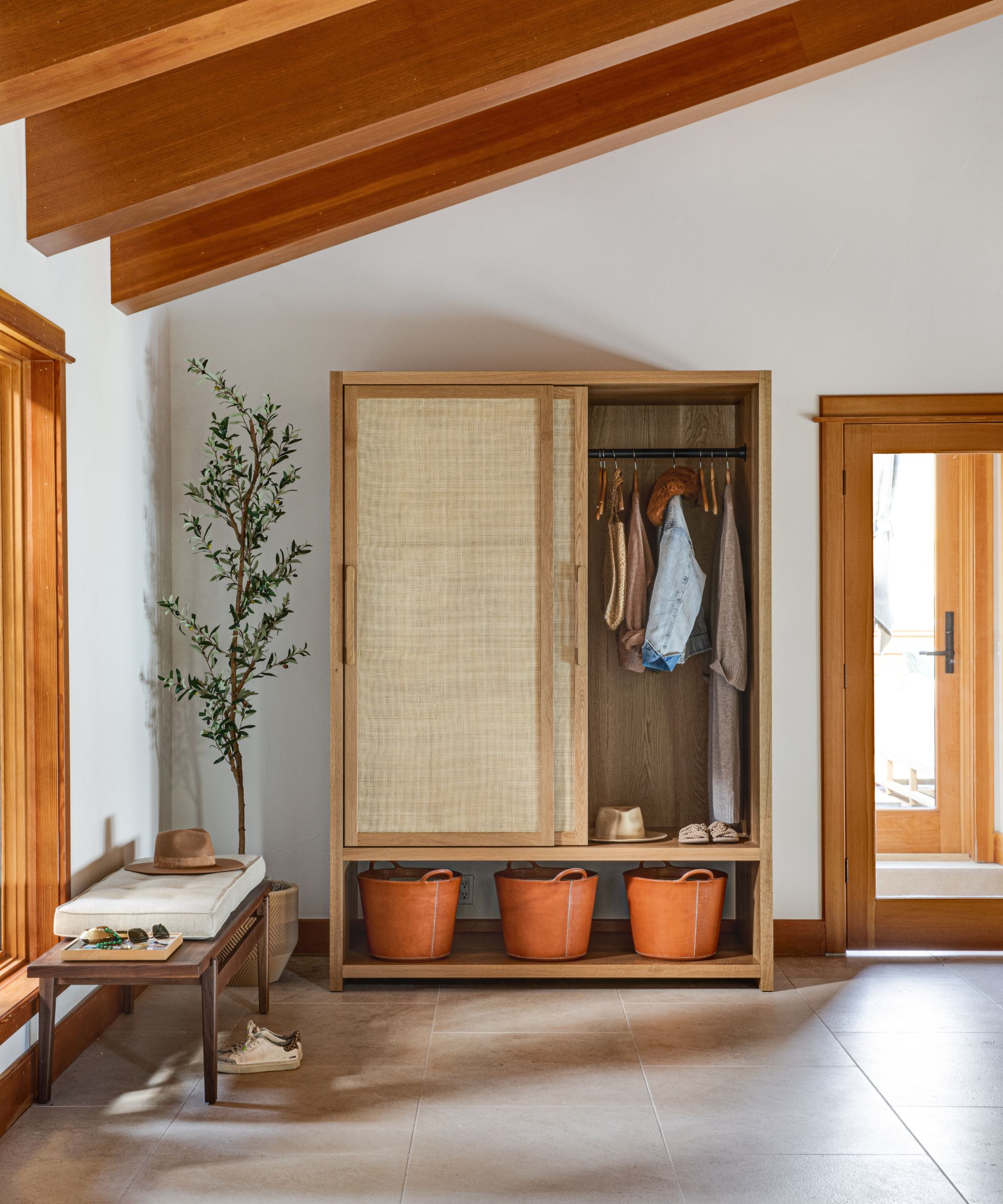
This is a major question to ask when it comes to closets to help avoid overconsumption.
Robyn Reynolds, certified home organizer and owner of Organize2Harmonize says, 'When considering an item for potential purchase ask yourself how many do I have already? For example, if it's a platter for entertaining, do you 'need' another platter since you have so many already and do you even have the storage space for another platter? Often times an item comes with the challenge of where to keep it.
Liora adds, 'If the answer is yes, but you want this one, then make sure you donate or give away the one you have at home.'
For larger items and bigger spends, why not consider the one-in, 10-out rule to really make a dent in decluttering? Similarly, when ordering online, the mailbox decluttering method can help to limit junk and clutter in your home. When a package arrives, fill the empty parcel box with items you can get rid of, staying on top of your belongings.
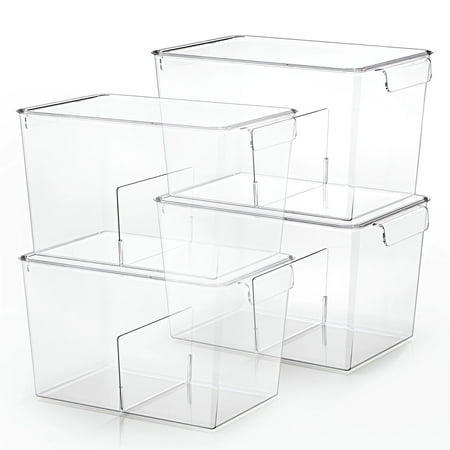
Using clear storage around your home makes it easier to see what you have in one glance so you are less likely to purchase duplicates.

Underbed storage is great to expand your existing storage, but items can quickly be forgotten. Use storage bags with clear lids so you can easily see your belongings without having to dig through them.
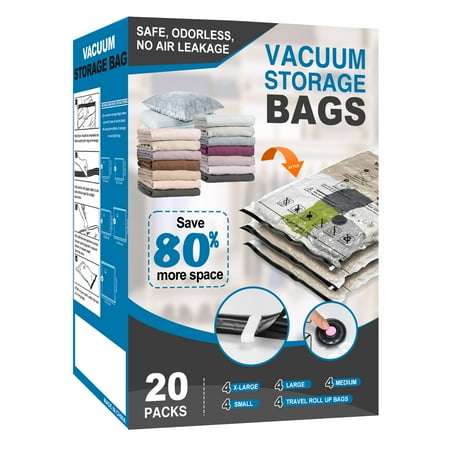
Clear vacuum bags are another great long-term storage piece, especially for organizing clothing, where you can see everything quickly to avoid duplicates.
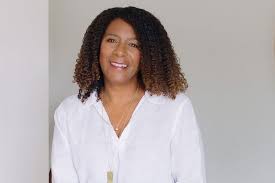
Robyn is a long-standing member of the National Association of Productivity and Organizing Professionals and has been a certified organizer since 2008.
4. How long can I use this?
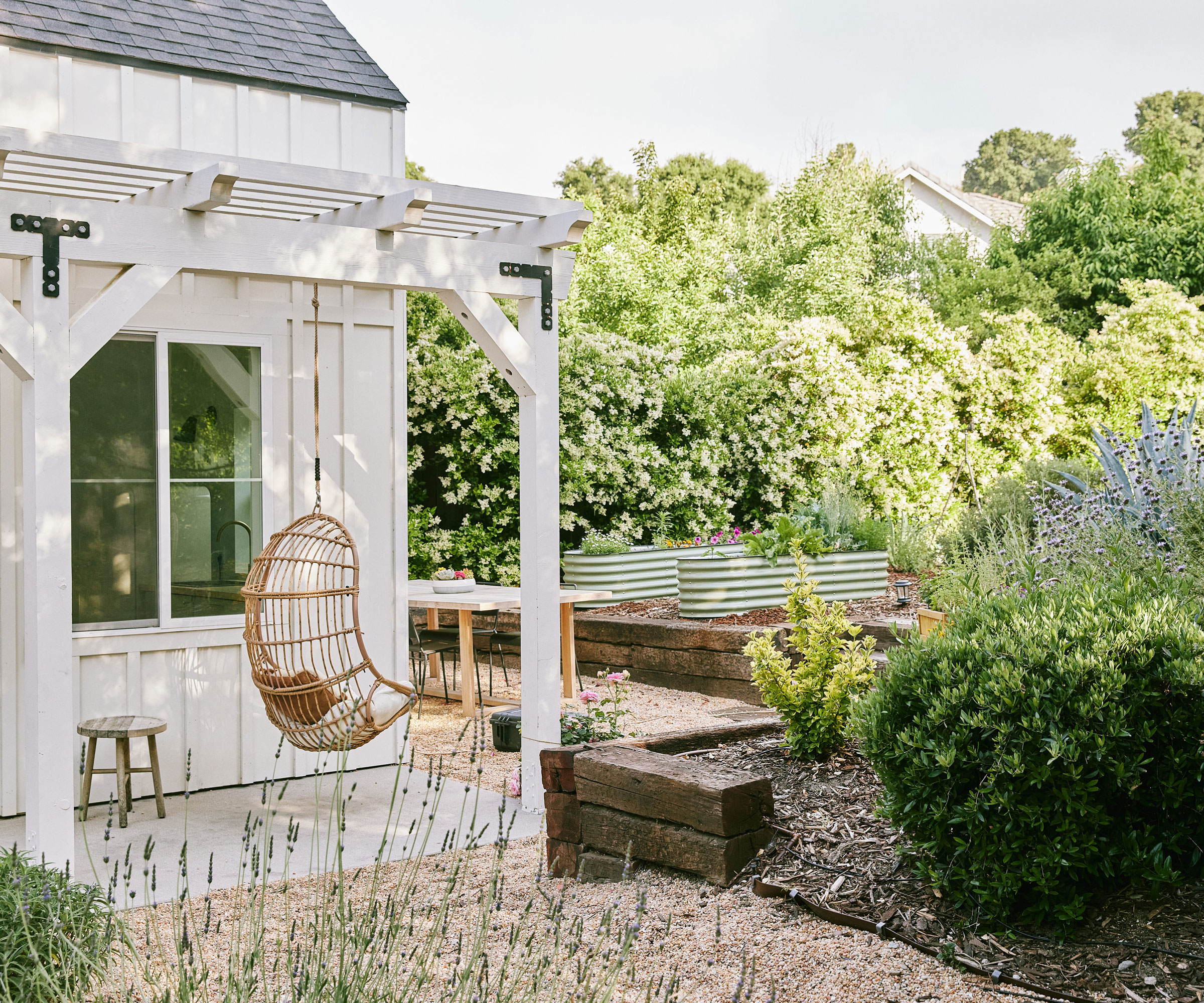
One thing professional organizers stress about is items that only have one use, or have only been used once (if at all!).
Aprille suggests, 'If you find that the answer to this question is once or twice, consider if it is even necessary to have the item at all.'
Cara Palmer, professional home organizer and owner of Organize Every Room adds, 'Ask yourself, "Could I borrow or rent this instead?" This is particularly powerful for items you'll use infrequently. Many people don't realize how rarely they'll use certain items until after buying them.
'Specialty items like power tools, party supplies, or seasonal equipment often make more sense to borrow or rent.'
You can easily rent tools and equipment from The Home Depot, from smaller yard supplies and essential DIY tools to larger trucks, vans, and advanced machinery.

Cara is a seasoned home organization expert and decluttering specialist, having worked with clients for over a decade to transform their lives through strategic organization. She believes in blending style with practicality to create homes where people can truly thrive.
5. How long have I wanted this?
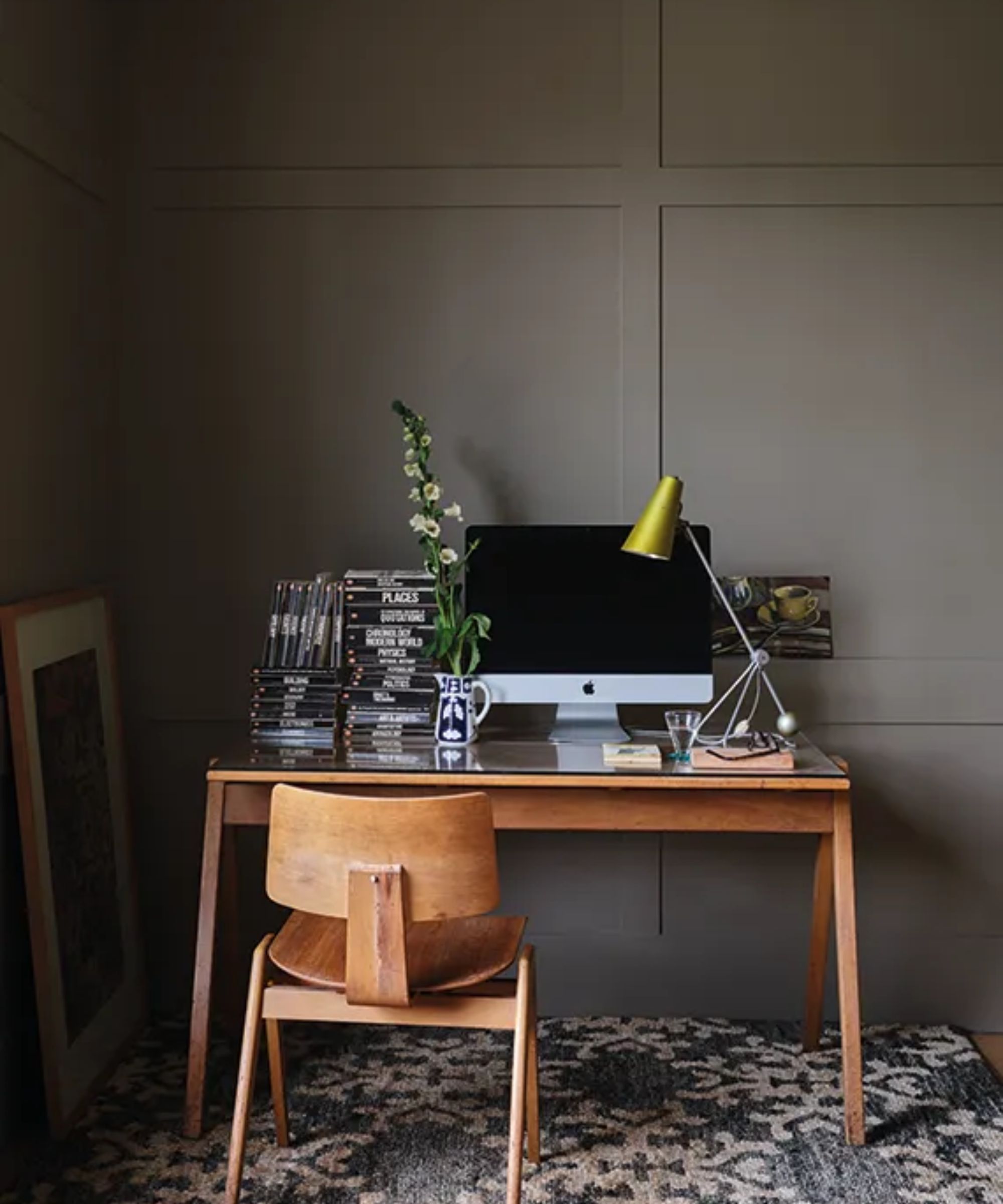
Make a digital wish list and leave items for a few weeks before reassessing. You might find you have forgotten about half the items on there.
Cara continues, 'This question helps distinguish between genuine needs and momentary wants. If you've never thought, "I wish I had this," before seeing an item in a store or online ad, chances are you don't need it. Keeping a "wish list" on your phone of items you genuinely need during daily tasks can help guide your purchases more intentionally.'
One of the best ways to break the stages of clutter is to develop a digital wishlist where you can keep tabs on all the items you want and the dates you first saw them. Leave items on the wishlist for a set period of time, be it two weeks or a couple of months, depending the the type of item. If you still want them after that period, you can order them.

Wish lists don't have to be digital if you do not need to keep a track of weblinks. A physical list in a notebook or journal can be just as effective.
6. Would you buy it if it cost more?
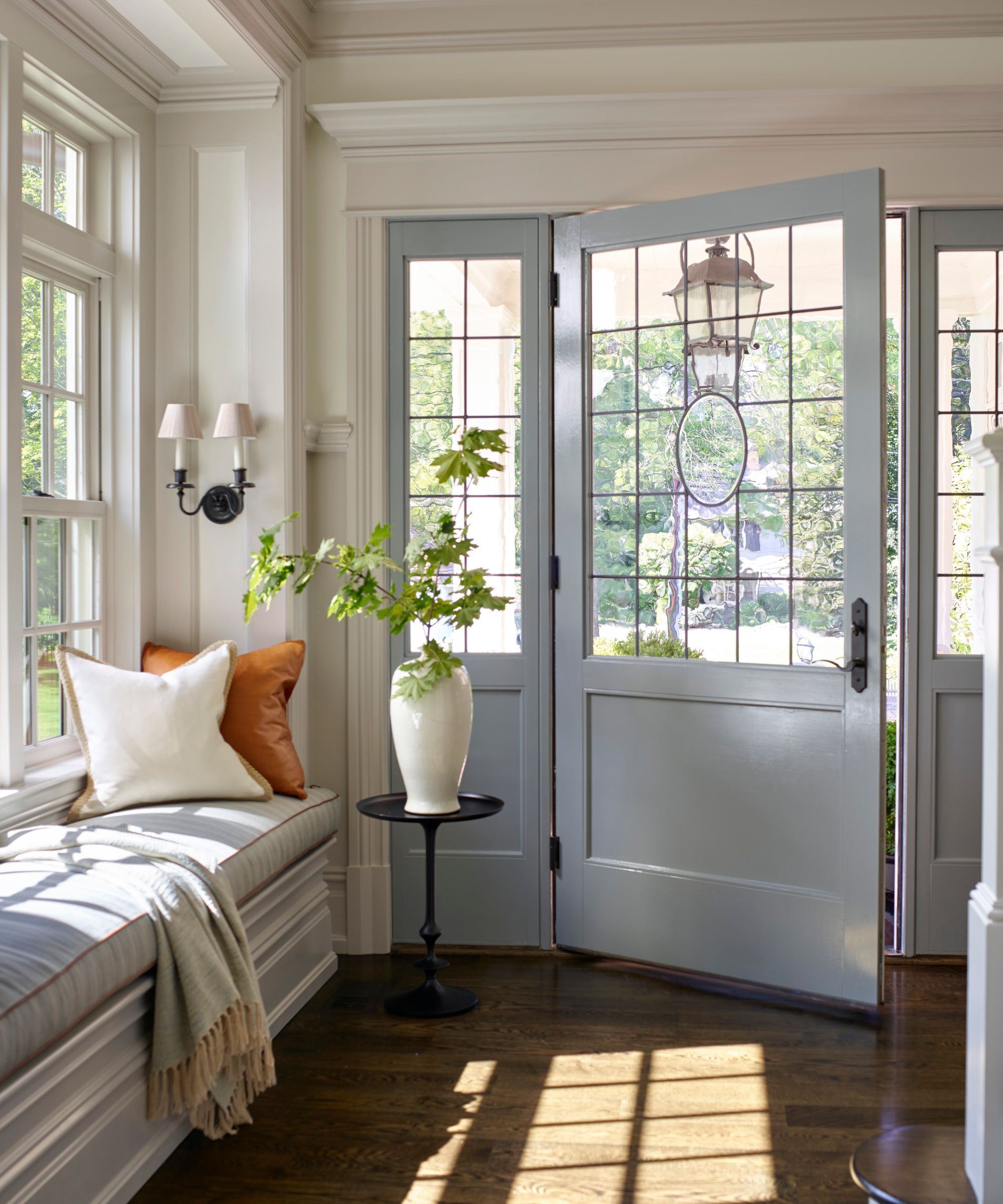
Don't leave your home to go shopping without a budget. Sticking to that budget will help prevent impulse purchases.
Jennifer Q. Williams, organizer and owner of Saint Louis Closet Co. points out, 'We live in an era where trending products dictate not just our style but also our living spaces. If you're only purchasing something because it’s popular and trendy, there’s a good chance it will end up forgotten in a drawer. Be intentional with your purchases and make sure they align with your lifestyle.
'Remember the saying, “You get what you pay for” – just because something is cheap, doesn’t always mean you should purchase it. For example, is this an item you plan to use just once, or is it going to be an item you have and wear for years to come.'
Our guide on easy habits to keep your home clutter-free can also help with saving money at home.

Besides being a CEO, Jennifer is an organizing ad home improvement expert. She is also a member of the Association of Closet and Storage professionals.
These quick questions are one of the best decluttering methods to declutter without throwing away, tackling the problem before it has a chance to begin.
Cara Palmer concludes, 'These questions work to retrain our brains by creating a pause between the impulse and the purchase. This pause is crucial – it's like building a stronger mental muscle every time you use it. Over time, these questions become automatic, turning mindful purchasing from a conscious effort into a natural habit.'
Sign up to the Homes & Gardens newsletter
Design expertise in your inbox – from inspiring decorating ideas and beautiful celebrity homes to practical gardening advice and shopping round-ups.

Chiana has been at Homes & Gardens for two years and is our resident 'queen' of non-toxic living. She spends most of her time producing content for the Solved section of the website, helping readers get the most out of their homes through clever decluttering, cleaning, and tidying tips. She was named one of Fixr's top home improvement journalists in 2024.
You must confirm your public display name before commenting
Please logout and then login again, you will then be prompted to enter your display name.
-
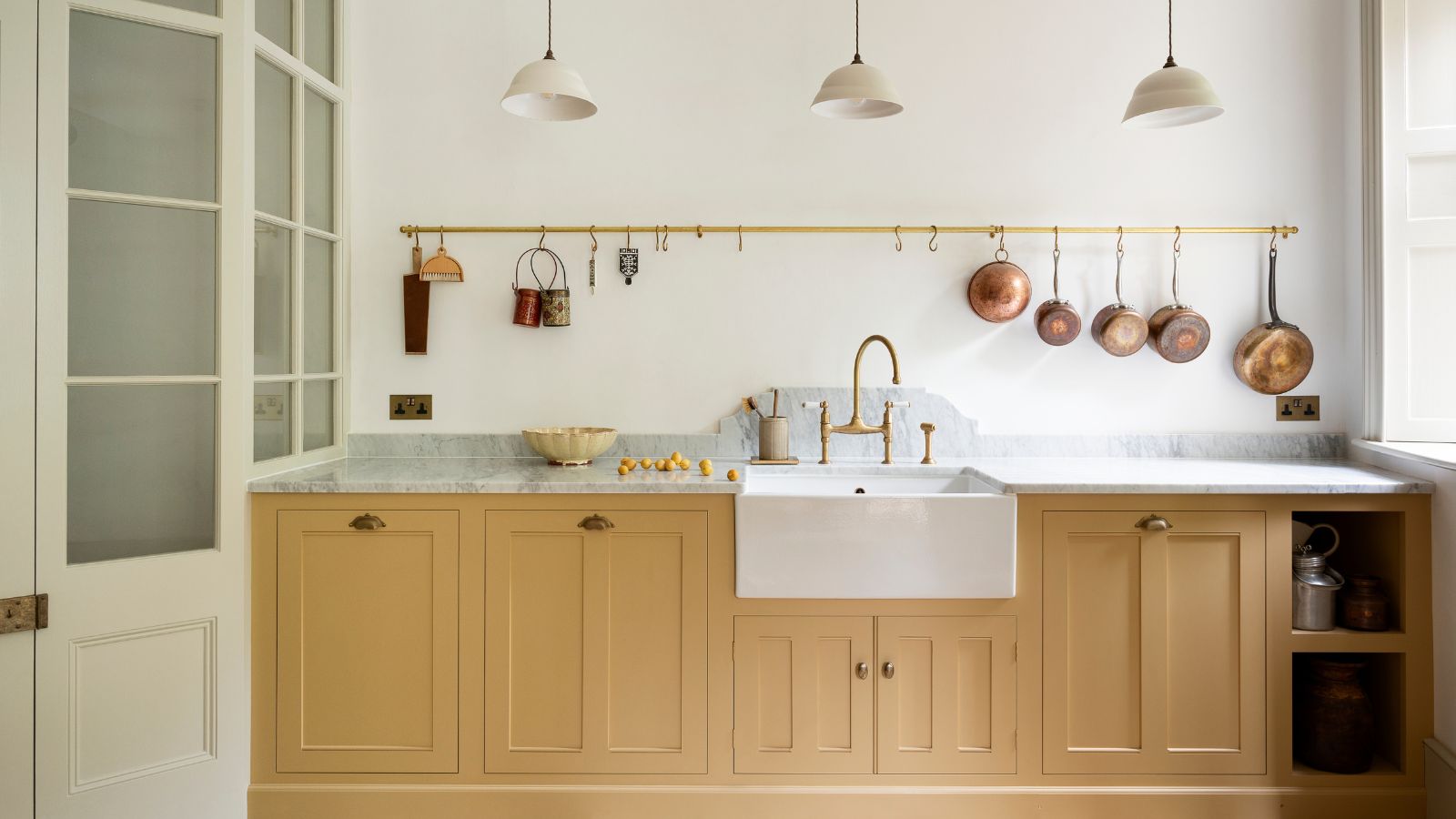 What colors go best with butter yellow? 8 equally delicious shades to pair with spring's hottest color trend
What colors go best with butter yellow? 8 equally delicious shades to pair with spring's hottest color trendInspired to elevate your home this spring with chic pale yellows? Here are the best colors to complete your scheme
By Emily Moorman
-
 Sarah Michelle Gellar's entryway is tranquil and elegant thanks to white and wood accents – her neutral style is replicable from $33
Sarah Michelle Gellar's entryway is tranquil and elegant thanks to white and wood accents – her neutral style is replicable from $33The actress's entryway features a wood console table, wood floors, and crisp, white paint for a warm and inviting atmosphere
By Hannah Ziegler
-
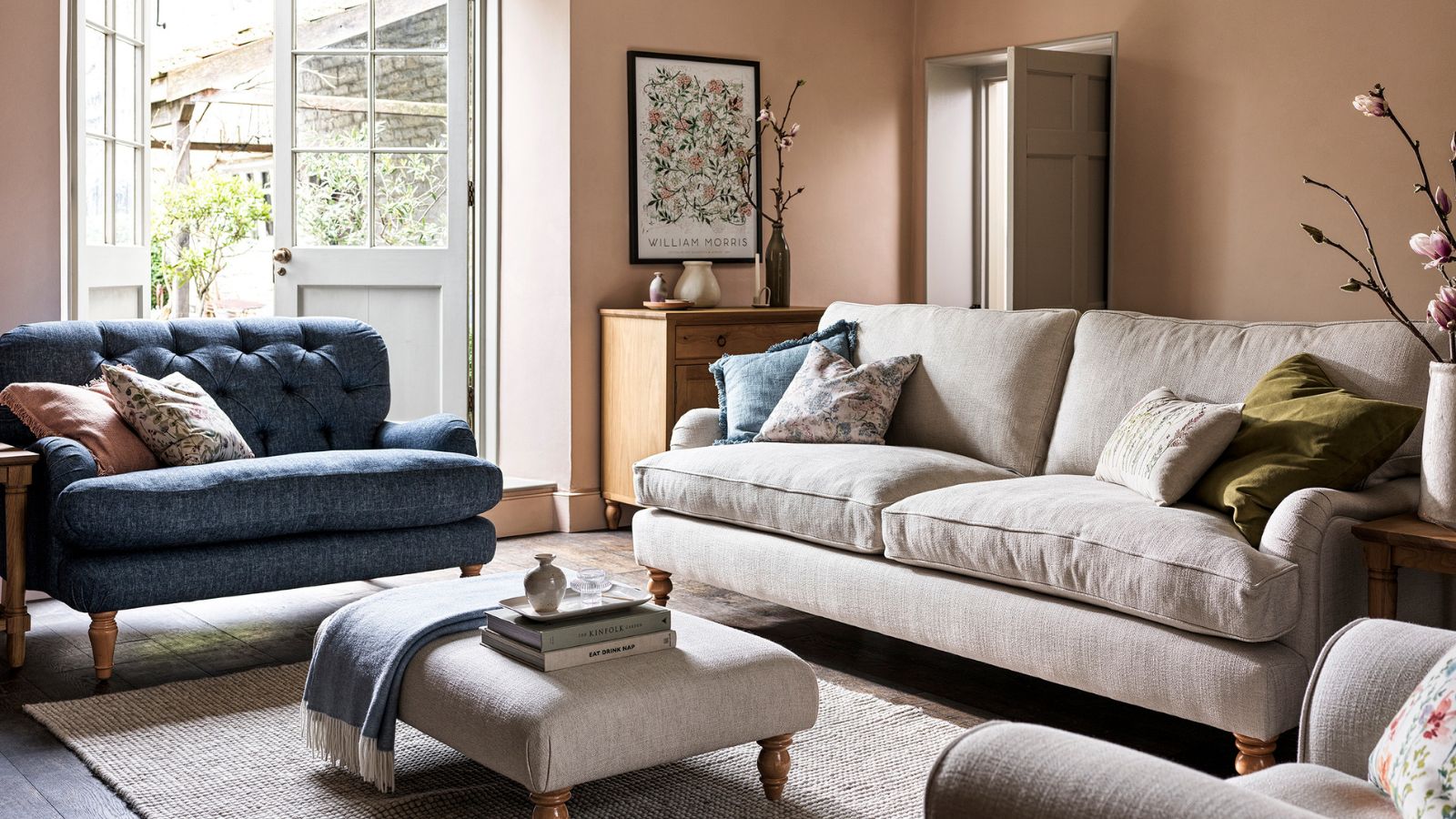 I used to be a lifeguard – this scanning method has stuck with me and instantly catches clutter before it becomes overwhelming
I used to be a lifeguard – this scanning method has stuck with me and instantly catches clutter before it becomes overwhelmingThis life-saving tip now saves me from feeling overwhelmed
By Chiana Dickson
-
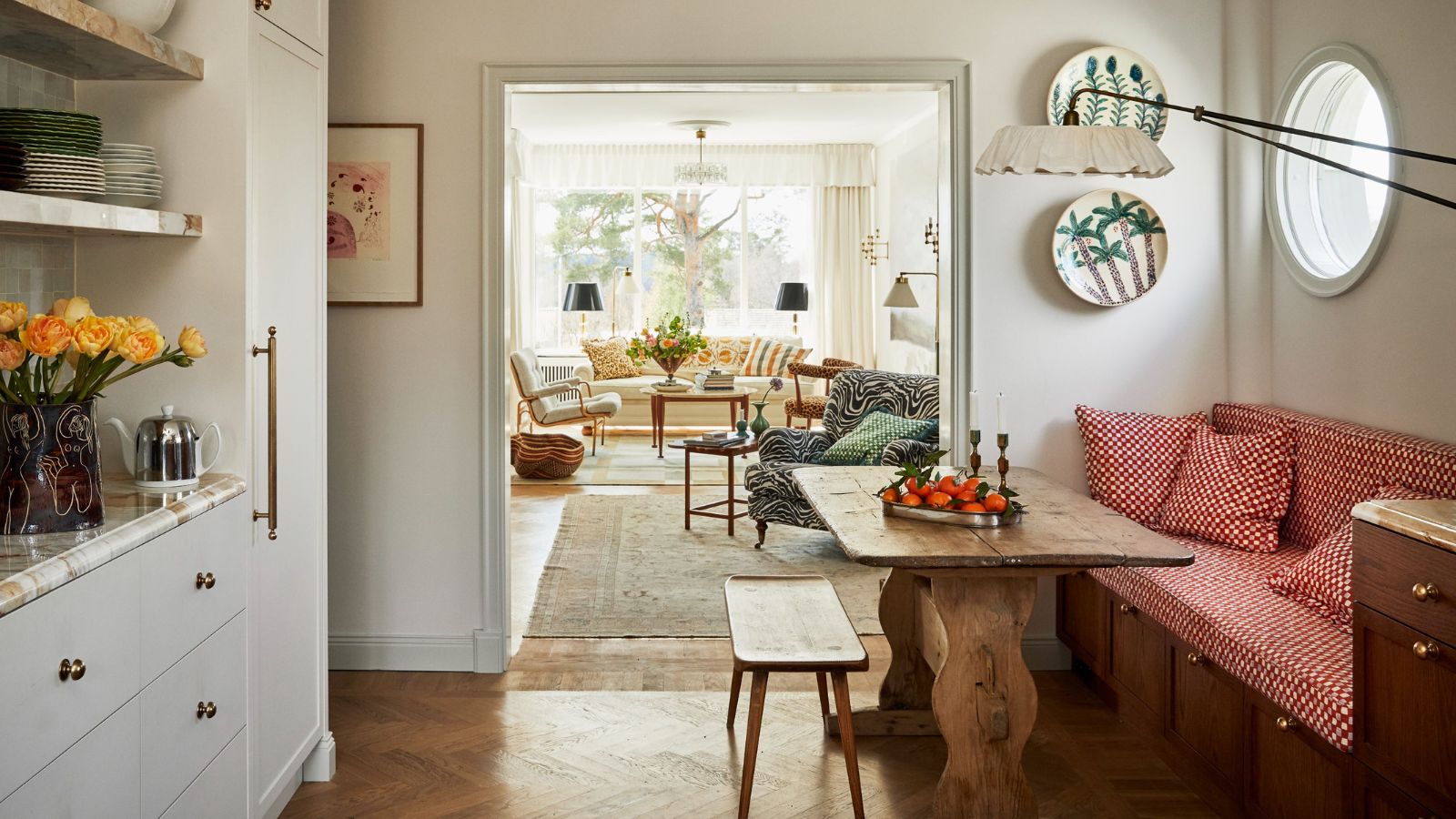 I swear by the ‘ETC’ method to prevent clutter and save money – my expert-backed checklist is transformative
I swear by the ‘ETC’ method to prevent clutter and save money – my expert-backed checklist is transformativeNow I Edit The Cart and save time, money, and energy
By Chiana Dickson
-
 Go guilt-free – I'm a professional home organizer and these are the 5 decluttering rules I urge you to break
Go guilt-free – I'm a professional home organizer and these are the 5 decluttering rules I urge you to breakDitch the rules for stress-free declutter
By Orna Fathers
-
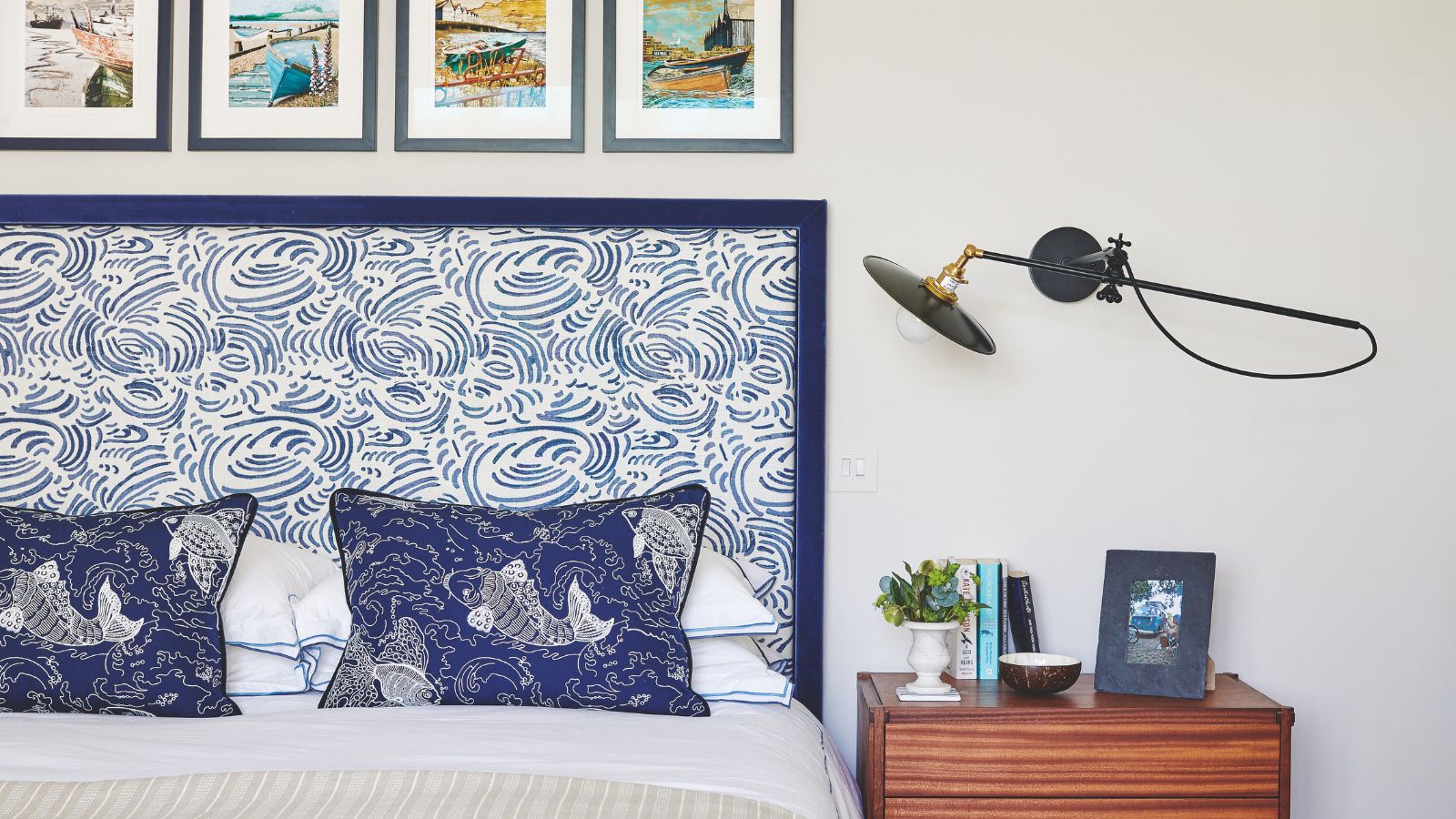 'Big results before you know it' – experts urge you to use the ‘Take Away 10’ method for simple decluttering with zero decision fatigue
'Big results before you know it' – experts urge you to use the ‘Take Away 10’ method for simple decluttering with zero decision fatigueIt can cut hundreds of items from your home in just a few weeks
By Ottilie Blackhall
-
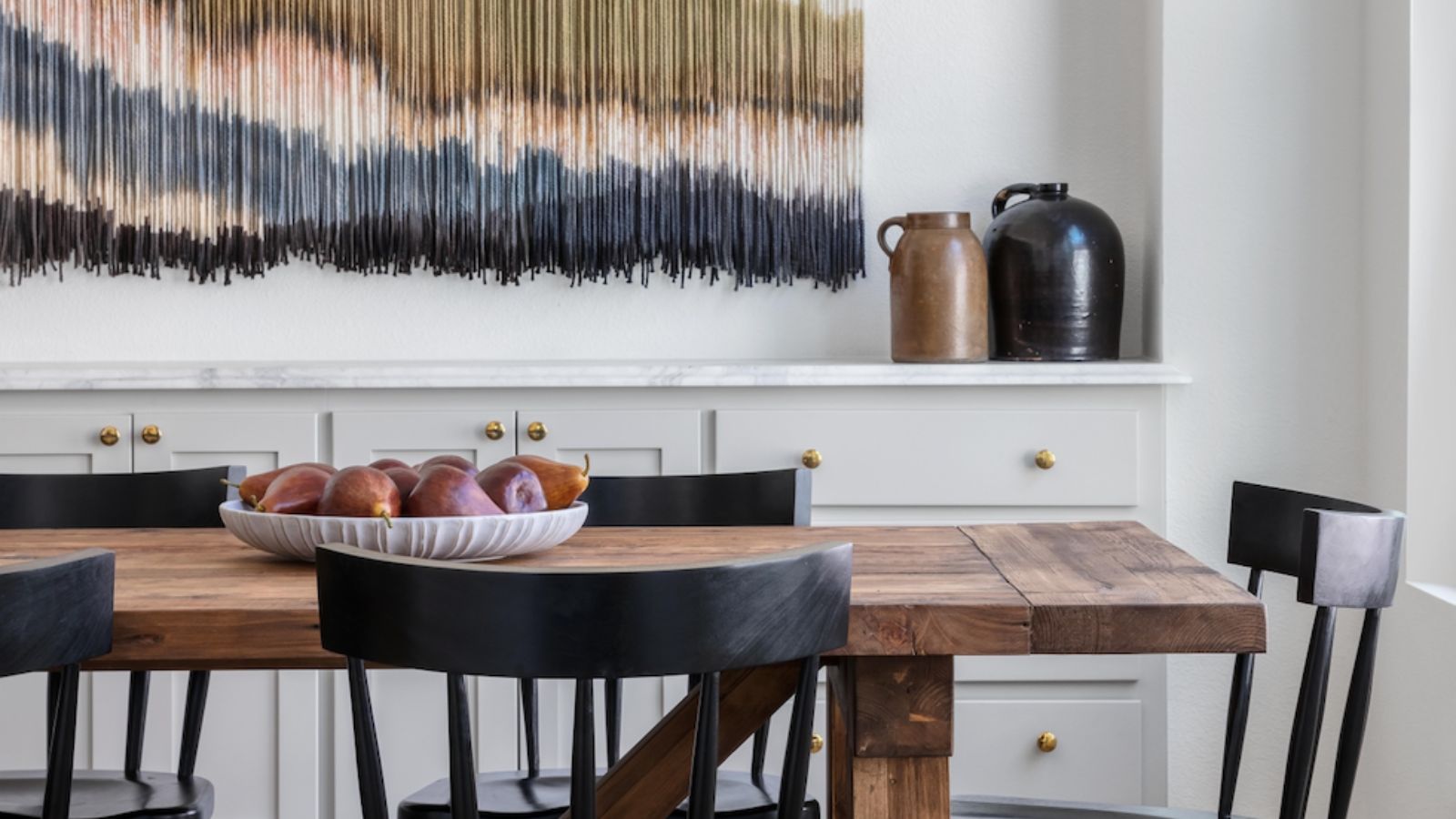 How the 'ODT' method can help you to tackle your overwhelming decluttering checklist – and streamline the process from start to finish
How the 'ODT' method can help you to tackle your overwhelming decluttering checklist – and streamline the process from start to finishAvoid 'analysis paralysis' and tick off tasks quickly and easily by making just one decision at a time
By Ottilie Blackhall
-
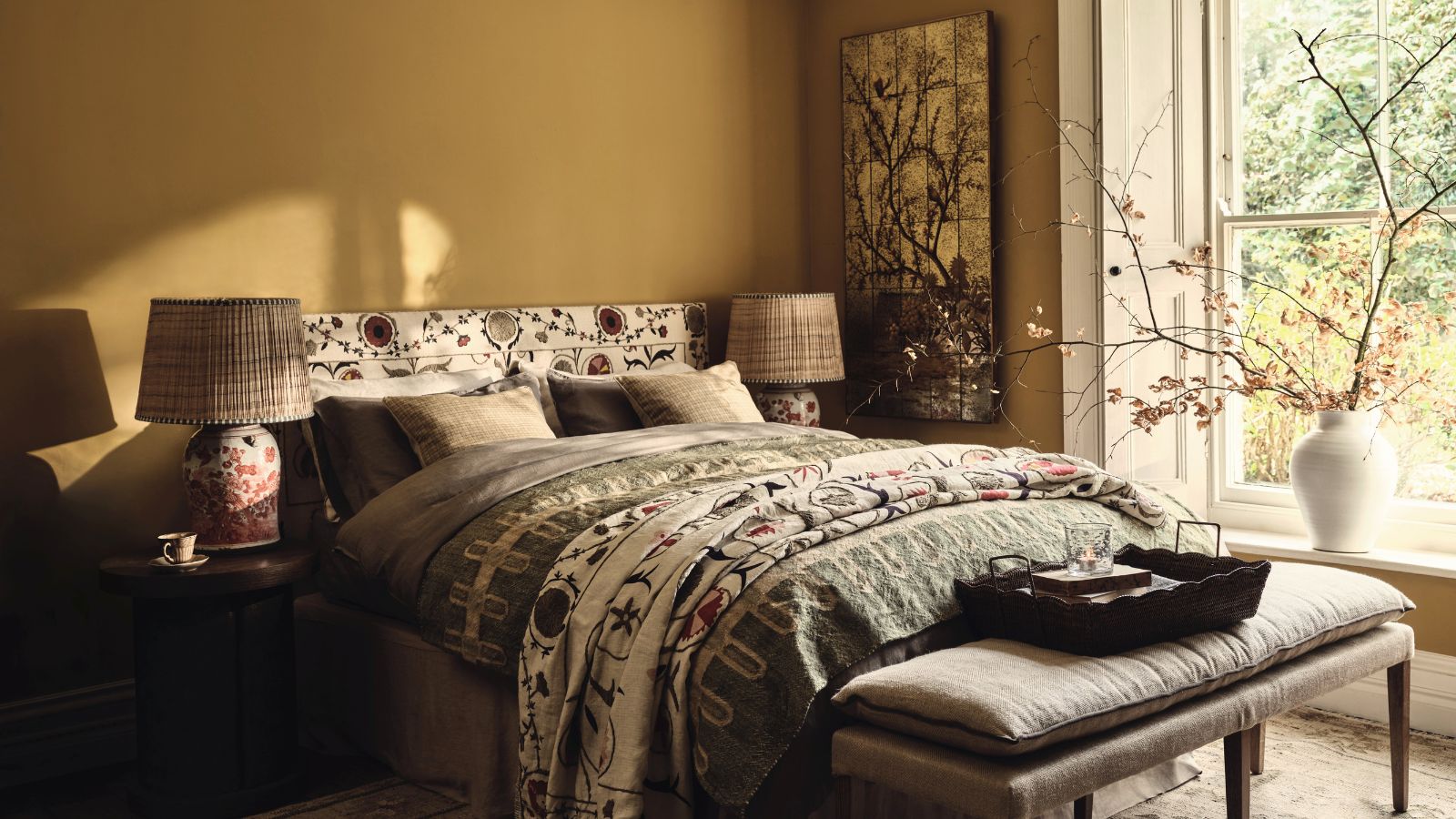 I gave the ‘try-for-five’ method a go in my small home – it's a brilliantly easy way to beat chore procrastination in seconds
I gave the ‘try-for-five’ method a go in my small home – it's a brilliantly easy way to beat chore procrastination in secondsThis method is great for those with executive dysfunction
By Chiana Dickson
-
 'It's a fast reset button' – using the 1, 2 ,3 ,4, 5 decluttering method cleared my persistent mess in seconds
'It's a fast reset button' – using the 1, 2 ,3 ,4, 5 decluttering method cleared my persistent mess in secondsIt's easy, effective and so quick to do
By Ottilie Blackhall
-
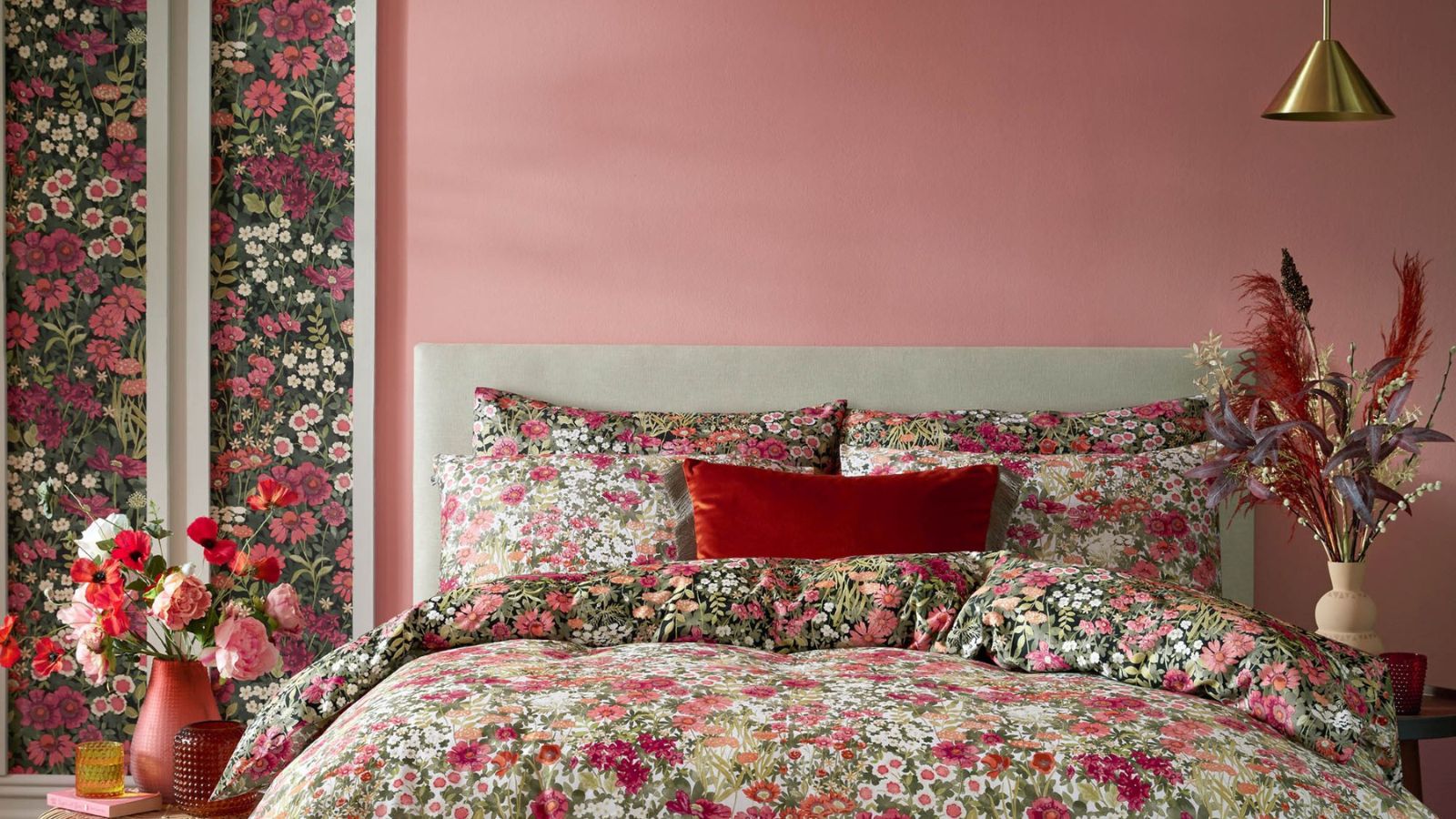 This simple closet swap doubled my cramped hanging space – professional organizers swear by it too
This simple closet swap doubled my cramped hanging space – professional organizers swear by it tooVelvet hangers have transformed my closet
By Eve Smallman